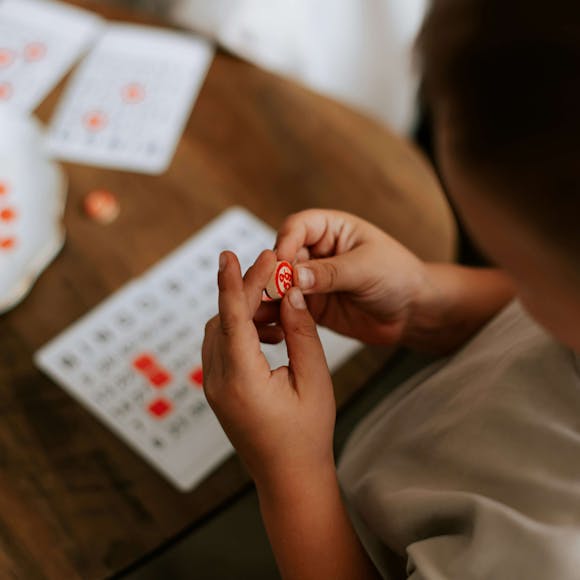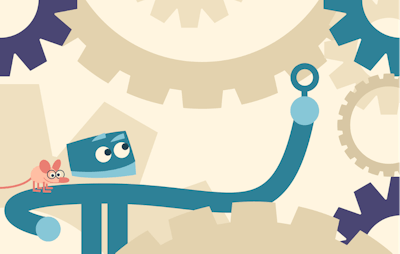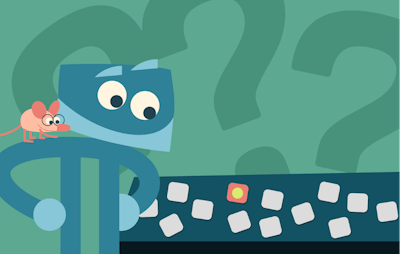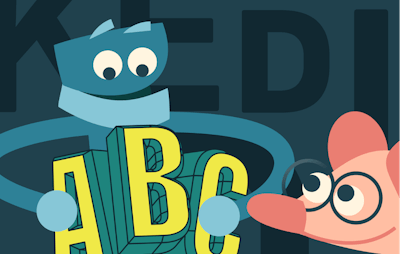Dyscalculia
Some kids struggle with numbers, time, or math facts despite trying hard. Learn what dyscalculia is and how to help your child succeed with the right support.


Dyscalculia is a learning difference that affects a child’s ability to understand numbers, remember math facts, or make sense of time and sequences. It’s not about effort or intelligence—children with dyscalculia learn differently and may need extra time and specific strategies. With early support and tools that match how they learn, these children can build confidence and succeed in school and life.

Children with dyscalculia may struggle to tell time, remember math steps, count backwards, or understand number patterns. They might feel anxious about math or avoid it altogether. You may notice they have trouble estimating amounts, doing mental math, or keeping up with classroom pace. These signs often show up early—and with the right evaluation, support can begin.
Specialists in learning differences—like educational psychologists and special educators—can assess your child’s math profile and tailor support. Techniques may include multisensory learning, real-life math practice, and memory aids. The goal is to reduce frustration, rebuild confidence, and show your child that math can make sense in ways that work for them.
Recommended experts
Playful developmental games that help kids grow with confidence
Designed to support cognitive and developmental growth, our games turn screen time into meaningful moments of learning, focus, and joy.








Explore tools and support that match how your child learns—and turn math from a source of stress into a space for growth.